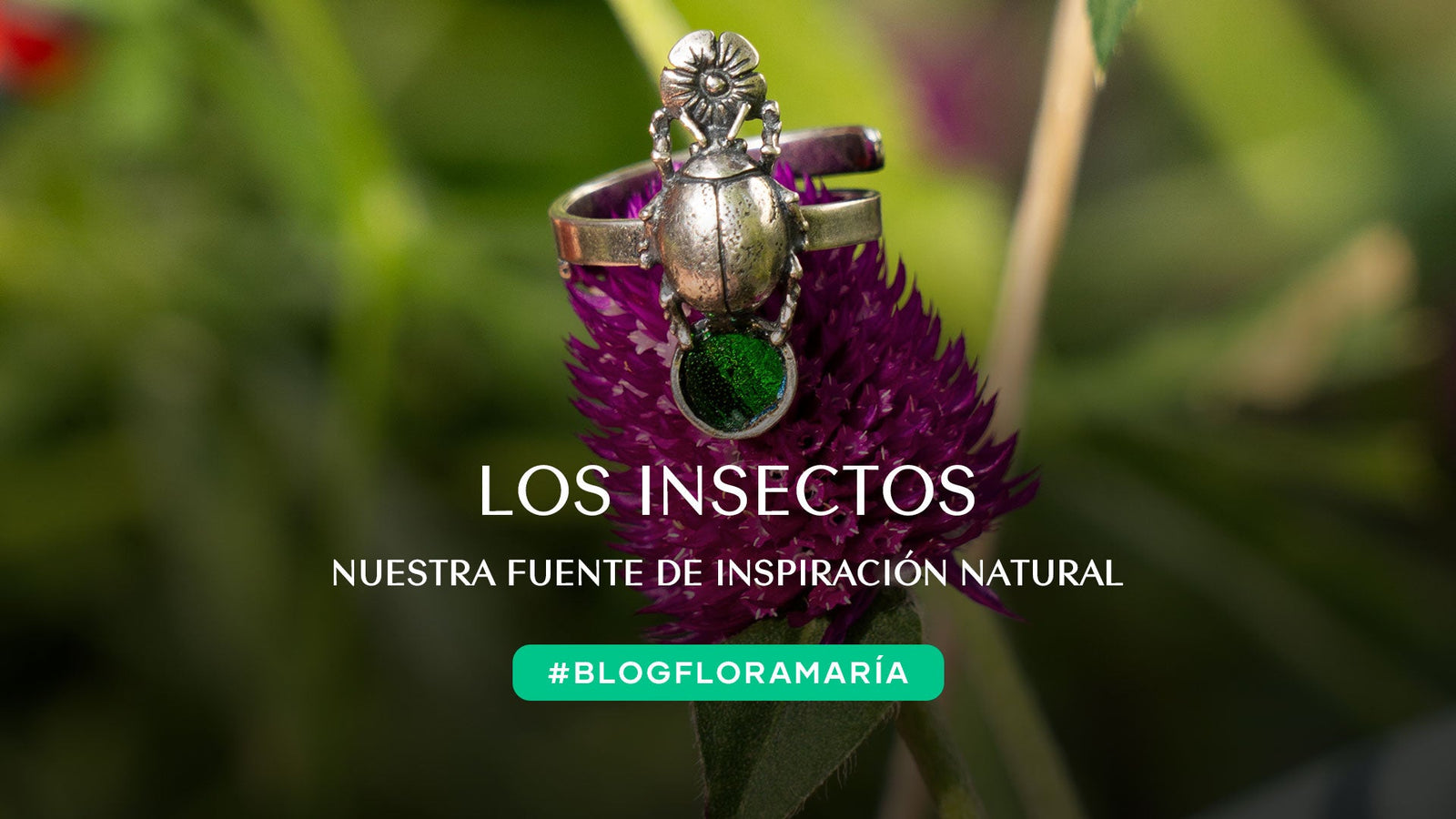Insects: Our source of natural inspiration

In most ecosystems, insects play a fundamental role in their proper functioning, with actions such as aerating the soil, pollinating flowers, controlling possible pests from other insects and/or plants, or fertilizing the soil with nutrients from their own waste. Furthermore, insects represent 70% of the known animal species on the planet.
Insects are a food source for many amphibians, birds, mammals, etc., and therefore play an important part in the food chain. If the insect population were to decrease, this chain could be undermined and many species could die due to lack of food.
Most insects tend to live in tropical and humid climates because they are poikilothermic, meaning their body temperature depends on the temperature of the environment where they live.
Approximately 85% of flowering plants are pollinated by various pollinating insects. In addition, 80% of decomposing plant biomass is consumed by insects in most forests and grasslands around the world.
Some insects, such as beetles, feed on dead animals and fallen trees, thereby recycling nutrients back into the soil from which they came. In addition, many insects act as decomposers, creating a nutrient-rich surface layer in the soil that helps plant growth and reproduction.
Some, such as wasps, flies, butterflies, etc., act as pollinators of plants, and others, such as ants or beetles, act as diggers. This benefits plants because they open water channels.
Mantises and bugs are also very useful for plants as they prevent overpopulation and infestations of aphids and caterpillars that feed on plant shoots.
Another very important function of insects is that they remove dirt. By dirt we mean corpses, since many insects feed on dead organic matter.
That is why at Flora María we want to remind you how important they are and why some of them are part of our inspiration.








